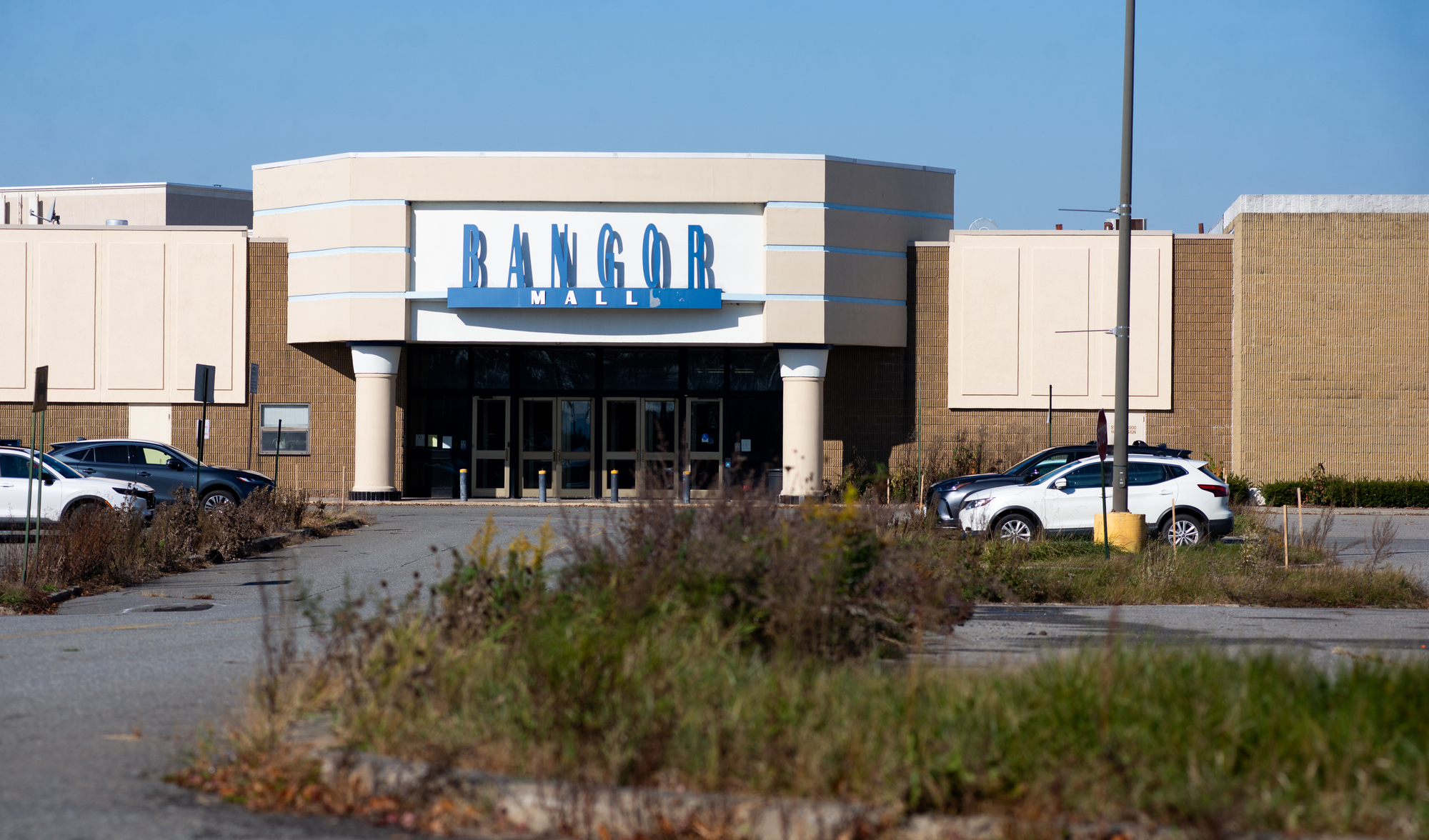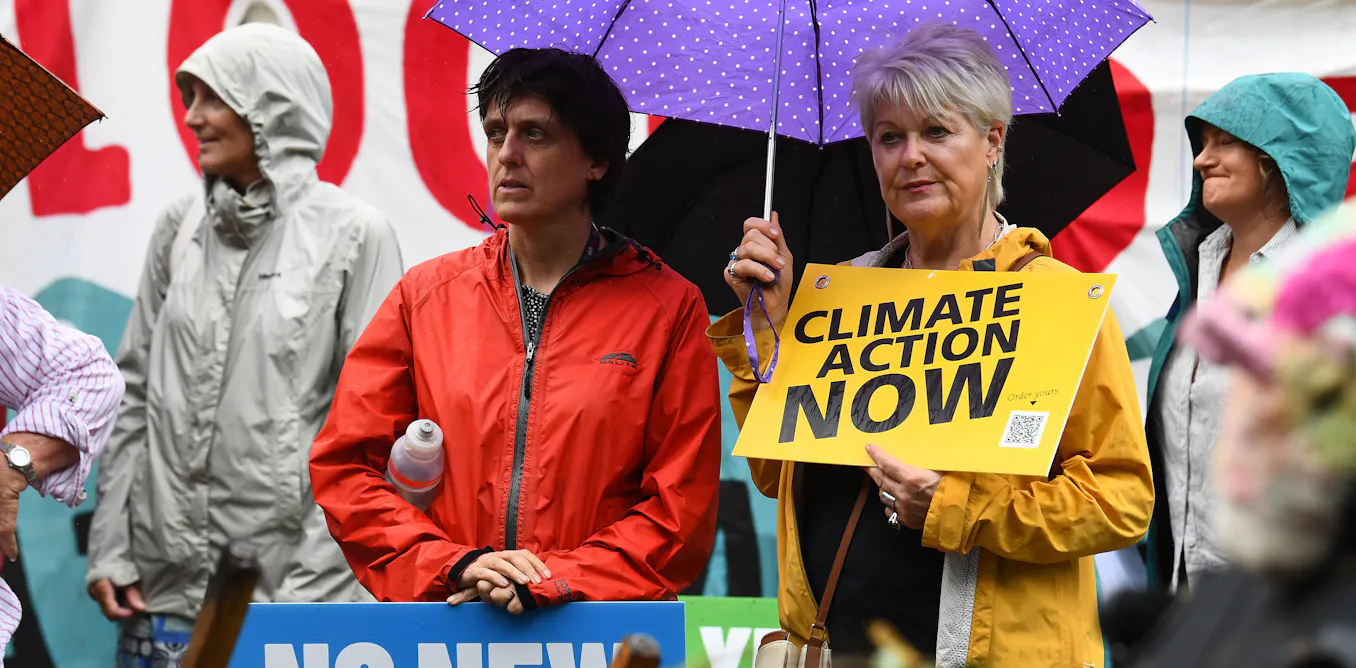
Dear Editor,
When I started my fire suppression company in the Virgin Islands during the pandemic, there were a lot of naysayers. The consensus was that buildings in the V.I. are generally concrete, so fire is not an issue here.
The last 30 days have illustrated that V.I. buildings do fall victim to fire. At 5 a.m. on Sept. 10, 2025, fire crews were busy trying to contain a structure fire that was perilously close to Government Hill and to a major resort on St. Thomas. This comes less than a week after the structural fire at the Penthouse Rooftop Inn on St. Croix.
In April, one person was taken to hospital for treatment after the V.I. Fire and Emergency Medical Services responded to a structure fire at an abandoned building in Estate Profit on St. Croix. That incident happened only 10 days after the ARTFarm on the South Shore of St. Croix suffered a fire on March 30 that reportedly destroyed up to 90 percent of its operation. Carambola Beach Resort has also had a recent fire.
Fire happens, and V.I. citizens deserve to be safe in all public buildings. The rash of car and structural fires recently may not sound like a big deal, but fire spreads. And despite national codes, the majority of buildings in the V.I. do not have fire sprinklers.
Most hotels are not sprinkled. The same goes for government buildings, including local courthouses. Most distressingly, not a single one of the new Head Start buildings constructed in the territory has fire sprinklers.
A 2021 report by the National Fire Prevention Association (NFPA) revealed that modem fire protection, including smoke detectors, fire sprinklers, and fire extinguishers, helped reduce home fires by 371,000 between 1980 and 2018. Human deaths from home fires were reduced by almost 50%. This doesn’t happen in a vacuum. The NFPA advocates for a fire and life safety “ecosystem,” a framework “that identifies the components that must work together to minimize risk and help prevent loss, injuries, and death from fire.”
The first component listed is government responsibility: “All levels of government have a responsibility to keep their communities safe from fire, electrical, and other hazards. They must create a policy and regulatory environment where laws, policies, and spending priorities are dictated by public safety needs and not by special interests. It’s what citizens expect of them.” (NFPA Fact Sheet 2021)
Our government absolutely should be making sure that building and fire codes are obeyed. Other key components to protect communities from fire include active code compliance, investment in safety, emergency response preparedness, and an informed public: Do you know what to do if there is a fire in your home or business? Do you know how to operate a fire extinguisher? How about your employees? (If the answer is no, call Islands Seasfires LLC, and we will set up an on-site training for free.)
Finally, the NFPA asserts that a skilled workforce is necessary to prevent fires and build structures that are safe. Islands Seasfire trains our local apprentices to become professional sprinkler fitters. We don’t do plumbing; we don’t have to HVAC. We are engaged in the business of life safety.
Fire sprinklers have been in use for hundreds of years. They save lives. Period. Fire sprinklers can be retrofitted into existing buildings and homes — even historic ones. Often, grants and insurance incentives pay for the entire cost of a system.
Fires happen, but losses can be controlled or even eliminated with the use of fire safety equipment. It is absolutely crucial that our government, our businesses, and our families take fire safety seriously.
For more information on how to protect your family and your community, visit the National Fire Protection Association® (NFPA®) at nfpa.org.
— Ralph H. Simpson III, St. Thomas, is owner of Islands Seasfire LLC.



